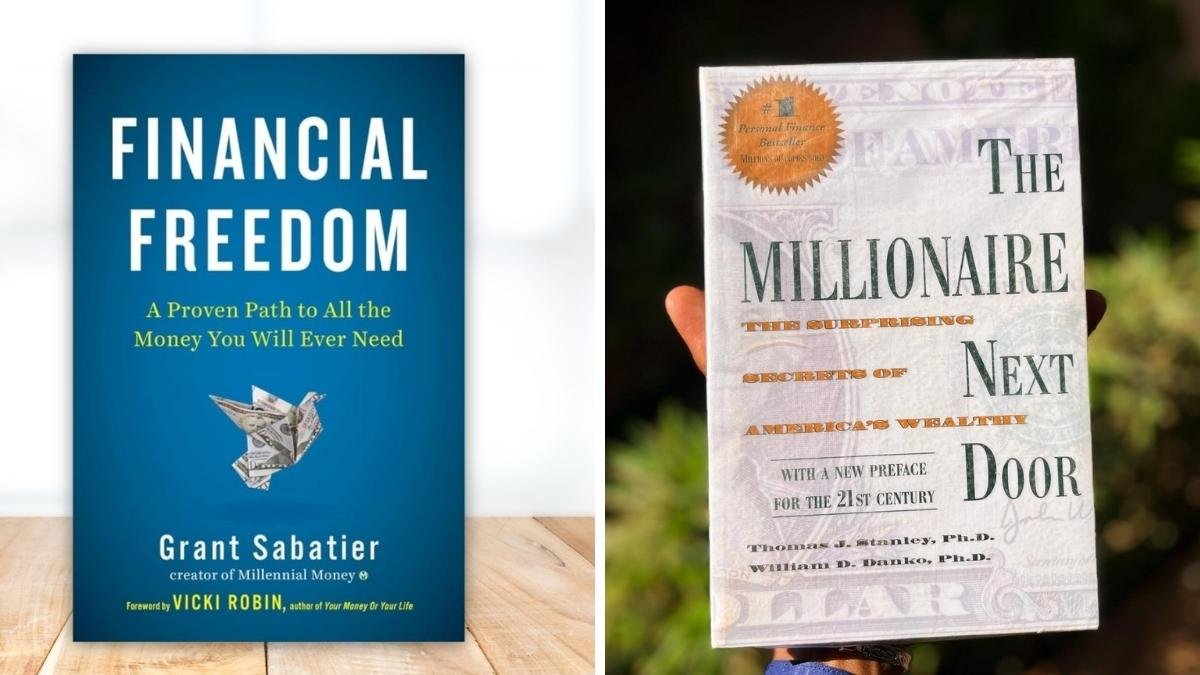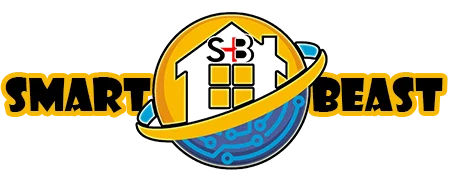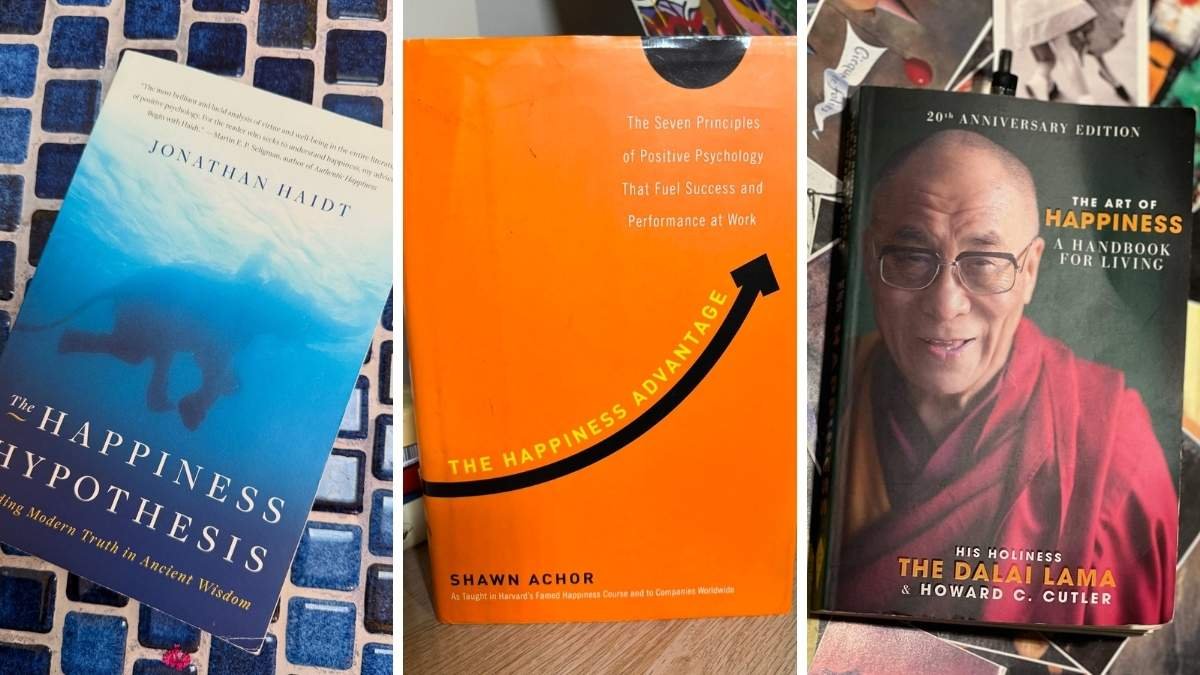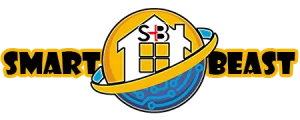
Retiring early isn’t just about saying “see ya” to your cubicle and trading suits for sweatpants—it’s a mindset shift that demands financial savvy and purpose.
While the FIRE (Financial Independence, Retire Early) movement has exploded in popularity, it’s the “retirement” part that trips people up. “What now?” becomes the silent panic after you’ve quit your 9-to-5.
These 12 books aren’t just financial playbooks but roadmaps for designing a life that thrives beyond spreadsheets. Here’s how to crack the code.
1. The 4-Hour Workweek by Timothy Ferriss

Tim Ferriss’s cult classic isn’t just about automation and outsourcing; it’s a manifesto for redefining “work” and “leisure.” Ferriss argues that freedom trumps wealth, pushing readers to question the “deferred-life plan” (work now, play later). He debunks the myth that success requires constant hustle, instead advocating for geographic arbitrage (living where your dollar goes further) and lifestyle design—tailoring your daily routine to maximize joy and autonomy.
But Ferriss’s real genius lies in his focus on time over money. He teaches readers to outsource tedious tasks, negotiate boldly, and embrace “mini-retirements” to test whether early retirement suits them. This isn’t just about quitting your job—it’s about building a life where work feels optional.
2. Your Money or Your Life by Vicki Robin and Joe Dominguez

This foundational FIRE text flips the script on money. Instead of chasing wealth, it reframes cash as “life energy”—the time and effort traded for dollars. By tracking every penny as a unit of your life force, the book forces readers to confront whether their spending aligns with their values.
The core idea? Financial independence isn’t about being rich—it’s about having enough to cover your needs without sacrificing your well-being. Robin and Dominguez guide readers to eliminate “cluttered consumption,” live below their means, and invest intentionally. But unlike other FIRE books, this one leans into the emotional labor of retirement: If you’re not working for something, what’s your why? They urge readers to define their “enough” to avoid the emptiness of a life built solely around avoidance.
3. The Simple Path to Wealth by JL Collins

A viral sensation in the FIRE community, Collins’s no-frills guide simplifies investing into a few bulletproof principles. Forget complex stock-picking or crypto hype: Collins preaches index funds, steady contributions, and time in the market over timing the market.
But his real triumph is making investing accessible. Collins writes like your wisecracking uncle—folksy, humorous, and unapologetically blunt. He breaks down the math of compound interest, proving that even average earners can retire decades early with discipline. Yet Collins also warns: “Money won’t make you happy—but it can buy freedom.” His advice? Use your nest egg to fund passions, not just passive relaxation. After all, retirement isn’t a finish line; it’s a launchpad.
4. The Millionaire Next Door by Thomas J. Stanley and William D. Danko

This 1990s bestseller is a reality check for anyone convinced that early retirement requires luxury yachts and private jets. Stanley and Danko profile America’s “millionaire farmers” and frugal professionals, revealing that most millionaires drive sensible cars, live in modest homes, and prioritize saving over spending.
The key takeaway? Frugality beats flashiness. The authors debunk the myth that high income equals wealth, showing that millionaires build fortunes through habitual underspending and sustainable habits. While the data is outdated, the ethos remains relevant: If you earn $200k but spend $180k, you’re stuck. But if you earn $80k and save $30k? You’re golden.
5. The Boglehead’s Guide to Investing by Taylor Larimore, Mel Lindauer, and Michael LeBoeuf

If you’re serious about early retirement, understanding the stock market is non-negotiable. The Boglehead’s Guide to Investing is your north star. It’s a no-nonsense manual that demystifies investing, teaching you how to harness index funds and diversification to build long-term wealth. The authors, inspired by Vanguard founder John C. Bogle, emphasize low-cost, passive investing—a strategy that’s simple yet powerful enough to outperform most active traders. The book walks you through asset allocation, retirement accounts, and the psychology of staying calm during market swings. It’s like having a financial advisor in book form, but without the sales pitch. For early retirees, this isn’t just about growing money—it’s about preserving it so it lasts decades.
The beauty of this book lies in its practicality. It’s packed with worksheets and real-world examples, making it easy to apply the principles to your portfolio. Whether you’re a beginner or a seasoned investor, it’s a timeless guide to building the wealth needed for a stress-free retirement.
6. Work Optional: Retire Early the Non-Penny-Pinching Way by Tanja Hester

This book is a gem for those who think early retirement is only for frugal folks. Hester debunks the myth that you have to clip coupons to retire early, instead emphasizing lifestyle design and mindful spending. She encourages readers to align their finances with their values, whether that means splurging on travel or investing in a hobby. Hester also delves into the emotional side of retirement, helping readers prepare for the psychological transition.
The book is packed with real-life examples and strategies, making it accessible and practical for anyone, regardless of their financial background.
7. Retire Early With Real Estate: How Smart Investing Can Help You Escape the 9-5 Grind and Do More of What Matters by Chad Carson

Carson’s book is a must-read for those interested in using real estate as a pathway to early retirement. He shares 20 case studies of real estate investors and early retirees, providing concrete examples of how others have succeeded. The book covers everything from buying rental properties to managing cash flow and scaling your portfolio.
Carson’s approach is both realistic and inspiring, showing that with the right strategies and mindset, early retirement through real estate is achievable for many.
8. Choose FI: Your Blueprint to Financial Independence by Chris Mamula, Brad Barrett, and Jonathan Mendonsa

Written by the hosts of the popular Choose FI podcast, this book serves as a comprehensive guide to achieving financial independence. It combines actionable steps, real-life stories, and practical advice to help readers create their path to early retirement. The authors emphasize the importance of mindset shifts, saving habits, and smart investing.
The book also includes a community aspect, encouraging readers to connect with others on the same journey. Whether you’re just starting out or well on your way, Choose FI offers valuable insights and motivation.
9. Financial Freedom: A Proven Path to All the Money You Will Ever Need by Grant Sabatier

Sabatier’s story is nothing short of inspiring. He went from $2.26 to millions in under five years, and his book shares the strategies that made it possible. Financial Freedom covers topics like building side hustles, saving without sacrifice, and investing in stocks, bonds, and real estate. Sabatier’s writing is straightforward and empowering, making complex financial concepts accessible to all.
The book also addresses the emotional and psychological aspects of pursuing financial independence, helping readers stay motivated and focused on their goals.
10. The Joy of Retirement by Dr. David C Borchard and Patricia a Donohoe

This book takes a different approach by focusing on the psychological and emotional aspects of retirement. Williams provides practical advice on adjusting to life after a career, finding new purpose, and making the most of newfound freedom. He discusses the loss of identity that often accompanies retirement and offers strategies for rediscovering passions and interests.
The book emphasizes the importance of physical and mental activity and suggests activities like travel, volunteer work, and learning new hobbies. With a positive and uplifting tone, The Joy of Retirement helps readers embrace retirement as an exciting and enriching phase of life
11. Quit Like a Millionaire: No Gimmicks, Luck, or Trust Fund Required by Kristy Shen and Bryce Leung

Retiring at 31 with a million dollars? Kristy Shen and Bryce Leung did just that, and they’ve turned their story into a guide for others. This book is brimming with practical advice for early retirement, whether you’re a high-earning professional or someone starting from scratch. Shen and Leung share their step-by-step strategies for building wealth, including investing in the stock market and minimizing expenses. They also discuss the importance of mindset, emphasizing that early retirement isn’t just about money—it’s about redefining your relationship with work and life.
The book covers topics like choosing a high-paying major, avoiding student debt, and living below your means. For those with families, it even includes insights from guest writers on achieving FIRE with kids.
12. Early Retirement Extreme: A Philosophical and Practical Guide to Financial Independence by Jacob Lund Fisker

Jacob Lund Fisker’s Early Retirement Extreme is a radical departure from the mainstream FIRE approach. Fisker challenges conventional retirement wisdom, advocating for a lifestyle of extreme frugality and self-reliance. This book isn’t for the faint-hearted—it pushes readers to rethink their consumption habits and adopt a minimalist lifestyle. Fisker provides frameworks for reducing expenses, increasing income, and building wealth quickly. He also delves into the philosophical underpinnings of financial independence, encouraging readers to find fulfillment beyond material possessions.
The book includes 5-year plans for achieving financial independence and covers topics like living debt-free, career changes, and self-reliance. It’s a comprehensive guide for those willing to embrace a more unconventional path to early retirement.







